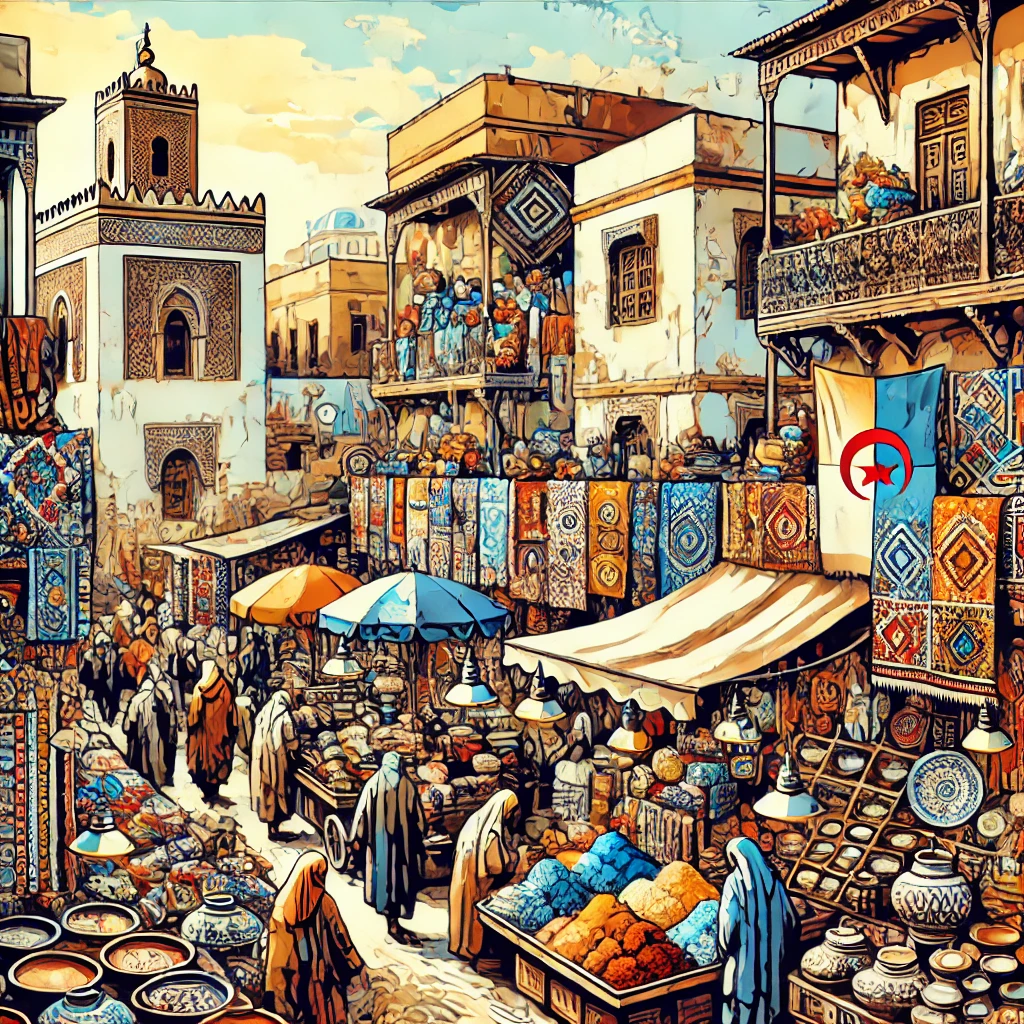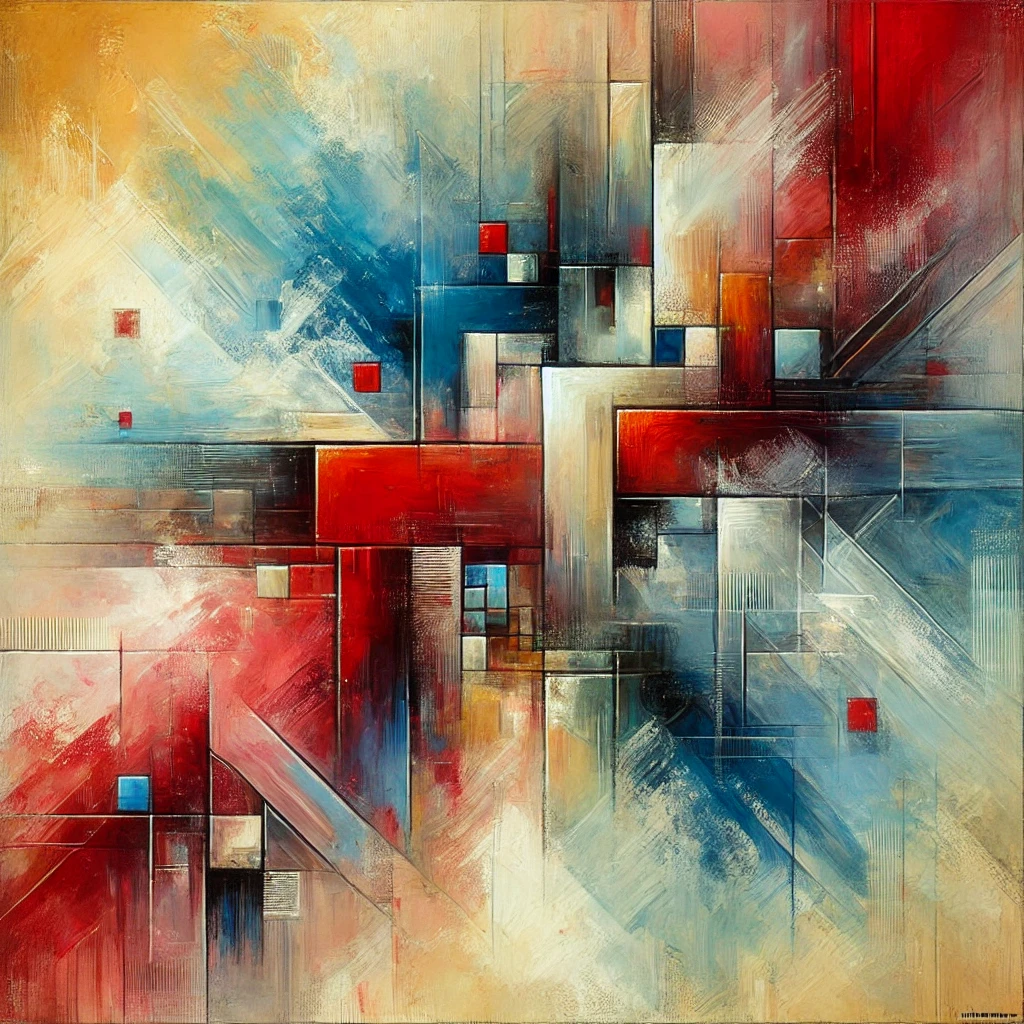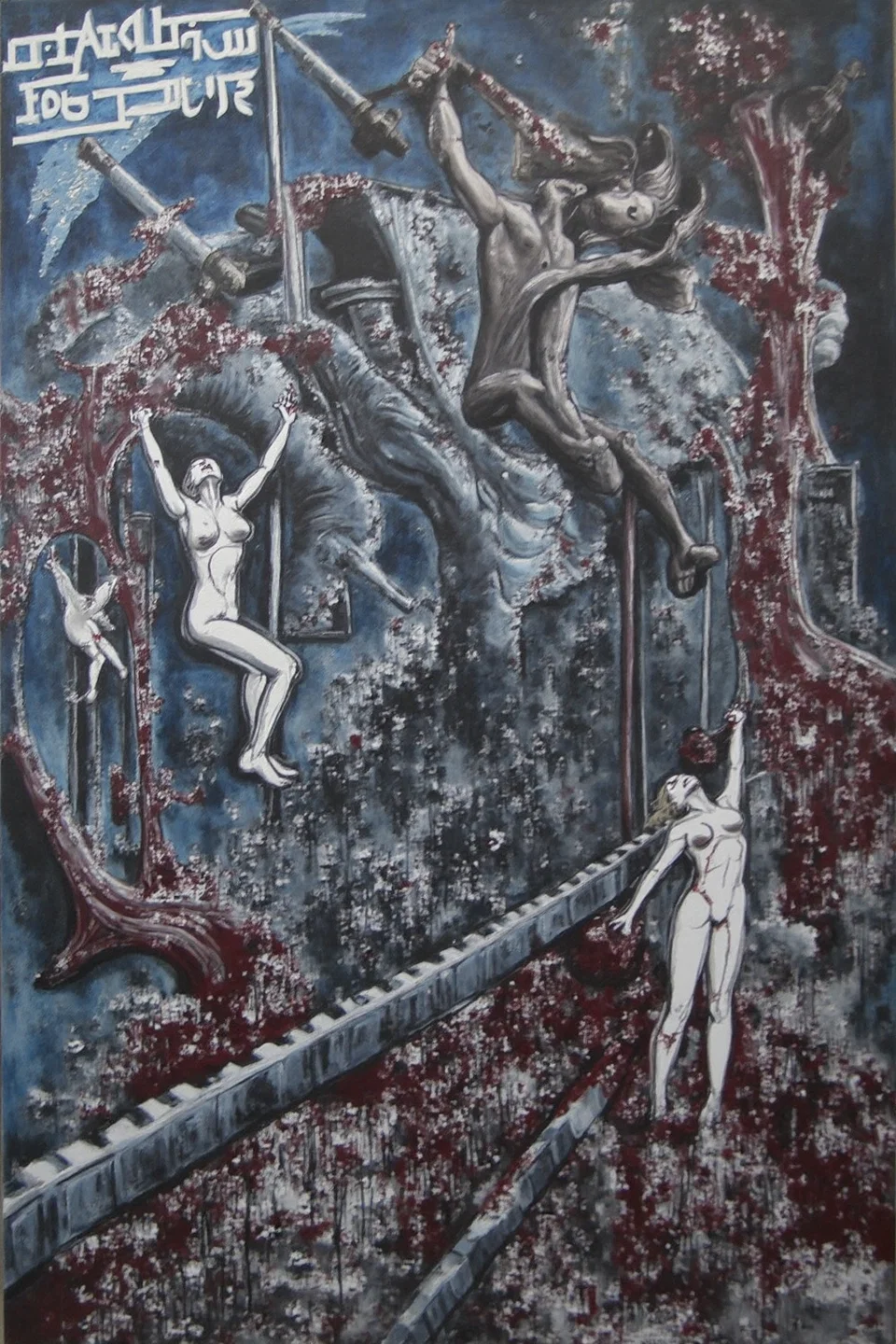Baya Mahieddine, an extraordinary self-taught artist from Algeria, captivated the art world with her vivid and fantastical paintings. Born in 1931, Baya’s work transcends the boundaries of traditional art, intertwining elements of Surrealism, folklore, and personal experience. Through her visionary approach, Baya’s art not only earned recognition globally but also left an indelible mark on modern art in Algeria. Her paintings, often reflecting themes of nature, femininity, and mysticism, resonate with art lovers worldwide.
Early Life and Influence
Childhood and the Discovery of Art
Baya’s early years were marked by hardship. Orphaned at age five, she was raised by her grandmother in a rural Algerian village. Despite these challenges, the natural world around her began to shape and influence her unique perspective. It was during her adolescence that she was discovered by French intellectuals and artists, marking the beginning of her artistic journey.
Influence of Family and Surroundings
The rural Algerian landscapes of her childhood significantly shaped her imagination. Growing up surrounded by vibrant flora and fauna, these elements became central to her work, serving as recurring motifs throughout her artistic career. Her weaver grandmother also contributed to Baya’s deep appreciation for color, texture, and traditional crafts.
Baya’s Artistic Journey
Initial Recognition and Early Exhibitions
Baya’s talent was first recognized in 1947 when she held her debut exhibition in Paris at 16. Her bold use of color and abstract forms instantly caught the attention of the European art world, particularly the surrealists, who saw in her work a raw and untainted creativity. Baya’s early works, rich with depictions of women, nature, and fantastical creatures, challenged conventional norms and established her as a rising star.
Mentorship under Pablo Picasso
One of the pivotal moments in Baya’s career was her meeting with Pablo Picasso. Impressed by her unique style, Picasso invited Baya to collaborate in his studio in the late 1940s. This encounter exposed Baya to new techniques and ideas, deepening her connection with surrealiSurrealismther developing her artistic voice.
The Impact of Surrealism on Baya’s Work
Defining Surrealism in North African Art
As an art movement, SurrealiSurrealismto unlock the power of the unconscious mind, a concept that resonated with Baya’s intuitive approach to painting. However, Baya’s surrealistism is rooted in her North African heritage, blending dreamlike imagery with cultural symbols that reflect her identity and experiences.
How Baya Embodied Surrealism in Her Paintings
Baya’s art embraced the fantastical and the bizarre, often merging human figures with nature in surreal landscapes. Her vibrant color palettes, intricate patterns, and whimsical subjects echoed the surrealist fascination with the subconscious while representing her connection to Algerian folklore and tradition.
Themes in Baya Mahieddine’s Art
Depiction of Women in Baya’s Art
Women are central in Baya’s paintings, often portrayed as influential and enigmatic figures. Adorned in elaborate garments, these women are not passive subjects but symbols of strength and resilience. Baya’s depiction of femininity was a radical departure from the traditional representations of women in art at the time, offering a powerful commentary on gender and identity.
Symbols of Nature and Mythology
Nature was another dominant theme in Baya’s work. Her paintings frequently featured lush gardens, exotic animals, and mythical creatures, blending the real and the imagined. These natural elements, rendered in vivid detail, were often imbued with symbolic meaning, representing themes of fertility, renewal, and the interconnectedness of life.
The Cultural and Political Context of Baya’s Art
Post-colonial Algeria and Artistic Expression
Baya’s work emerged as Algeria grappled with its colonial past and fought for independence from France. While her art was deeply personal, it also reflected her country’s broader cultural and political shifts. In the post-colonial era, Baya’s work symbolized Algeria’s burgeoning national identity, blending traditional motifs with contemporary themes.
Women’s Rights and Feminism in Baya’s Art
Baya’s portrayal of women was not only artistic but also political. Her work challenged the conventional roles of women in Algerian society, celebrating female strength and independence. In this sense, Baya can be seen as an early feminist artist, using her platform to address issues of gender and equality.
Baya’s Unique Style
The Use of Bold Colors and Abstract Forms
Baya’s bold, saturated colors and abstract forms set her apart from her contemporaries. Her color choices were often unconventional, lending her paintings a dreamlike, otherworldly quality. This use of color and abstract shapes and patterns created a sense of movement and dynamism in her work.
The Role of Naïveté and Innocence in Her Art
Though her work was often described as naïve, this simplicity was part of Baya’s genius. Her art was not bound by formal training or artistic conventions, allowing her to create from a place of pure imagination and emotion. This sense of innocence and bold artistic choices gave her work a unique and refreshing quality.
Baya’s Influence on Future Generations
Inspiring Female Artists in North Africa
Baya Mahieddine paved the way for future generations of female artists in Algeria and beyond. Her success as a self-taught artist inspired many women to pursue their artistic passions, breaking down barriers in a traditionally male-dominated field.
Baya’s Role in Elevating Algerian Art Globally
Through her international exhibitions and collaborations, Baya helped to elevate Algerian art on the global stage. Her work transcended cultural and geographic boundaries and became a symbol of Algeria’s rich artistic heritage, influencing artists worldwide.
Baya Mahieddine’s Legacy in the Global Art Scene
Baya’s impact on the art world continues to be felt today. Her bold and imaginative paintings remain timeless, inspiring a new generation of artists who seek to push the boundaries of creativity. Baya Mahieddine was a visionary artist whose work transcended time, culture, and convention, leaving an enduring legacy in the global art scene.




